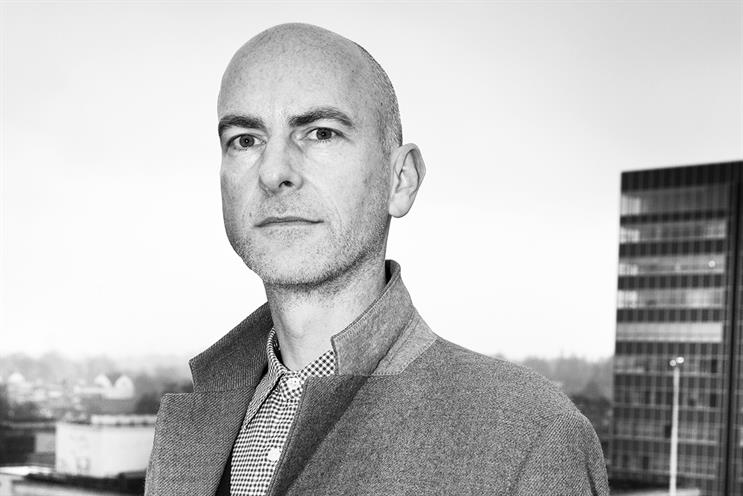There's a big insight that drives the success of Facebook, Instagram and YouTube.
Now, don’t get me wrong, it’s not the insight that drove their creation. Much like any successful invention, the inventors had no idea what they would be useful for when inventing. They released their products into the world, got lucky, got momentum and now we can look back and see the insight that drove them to world-dominating success.
The insight isn’t actually about these platforms at all. It’s really about the device they now all predominantly operate on. The smartphone has ushered in a new golden age of advertising. More people, more targetable for more moments, every day.
In the past, we had to wait until they were watching TV. Going to the movies. Reading a newspaper. Listening to commercial radio. Or in an urban area with sufficient poster coverage. In the most potent channels, we were in the business of interruption, trying to attract their attention when they were busy being entertained.
And we were all very proud of ourselves when we scored highly on that perennial question of agreement about commercial TV: are the ads better than the programmes? I’m sure that, like me, you have been at conferences when someone has presented this data. Agreement peaks in the late 1980s/early 1990s and then tails off like a forecast of GDP under any of the Brexit scenarios, reaching "no deal" levels in the most recent years.
In those conferences, the speaker always treats it like it’s a mic drop moment. Looking terribly pleased with themselves as though they have revealed a profound truth about the state of the industry, ready to bask in your adulation for the window they have opened in your soul.
What they don’t realise is that they’re looking at totally the wrong question.
To find the right question, you need to go back to that insight that drives smartphones.
It’s simple. People are bad at being bored, but life is full of boredom.
People hate being bored. Being bored is a skill to cultivate and studies have shown that it’s a spur to creativity. But most people can’t be bothered. They seek trivial distractions. And, in the past, the richest of those distractions were restricted by time and space. Decent TV happened at certain times of the day and was restricted to wherever your TV was plugged in. It’s where the idea of primetime came from (and premium advertisers became used to paying for it). TV was a boredom killer when you were at home. In the evening.
But what about all the other little bits of the day when you’re not at home in the evening? When you’re travelling to work. Or on a break. Or waiting at the doctor’s. Or your daughter’s school concert hasn’t started yet. Or your train is delayed.
Nobody was looking at those bits of the day. Because they seemed small and boring. We were all trying to compete in the most exciting bits of the day (are the ads better than the programmes?).
Then Steve Jobs put an iPhone in our hands. And Facebook, Instagram and YouTube became the mortar between the bricks of our day. All fuelled by advertising. The bits of the day when advertising could not previously reach are now full of advertising. And the context has changed fundamentally (no, I don’t mean putting the logo upfront and debating the merits of vertical framing – that’s all just details).
The right metric isn’t: "Are the ads better than the programmes?" The right metric is: "Are the ads better than waiting for this bus in the rain in Doncaster?"
That’s the business we’re in (like it or not, and some people really don’t like it). We’re weaponising boredom for our clients.
It’s the greatest opportunity the advertising industry has ever seen. It’s taking place in very mundane moments on small screens. If you think that makes it a small opportunity, then I really can’t help you any further.
Craig Mawdsley is joint chief strategy officer at Abbott Mead Vickers BBDO


